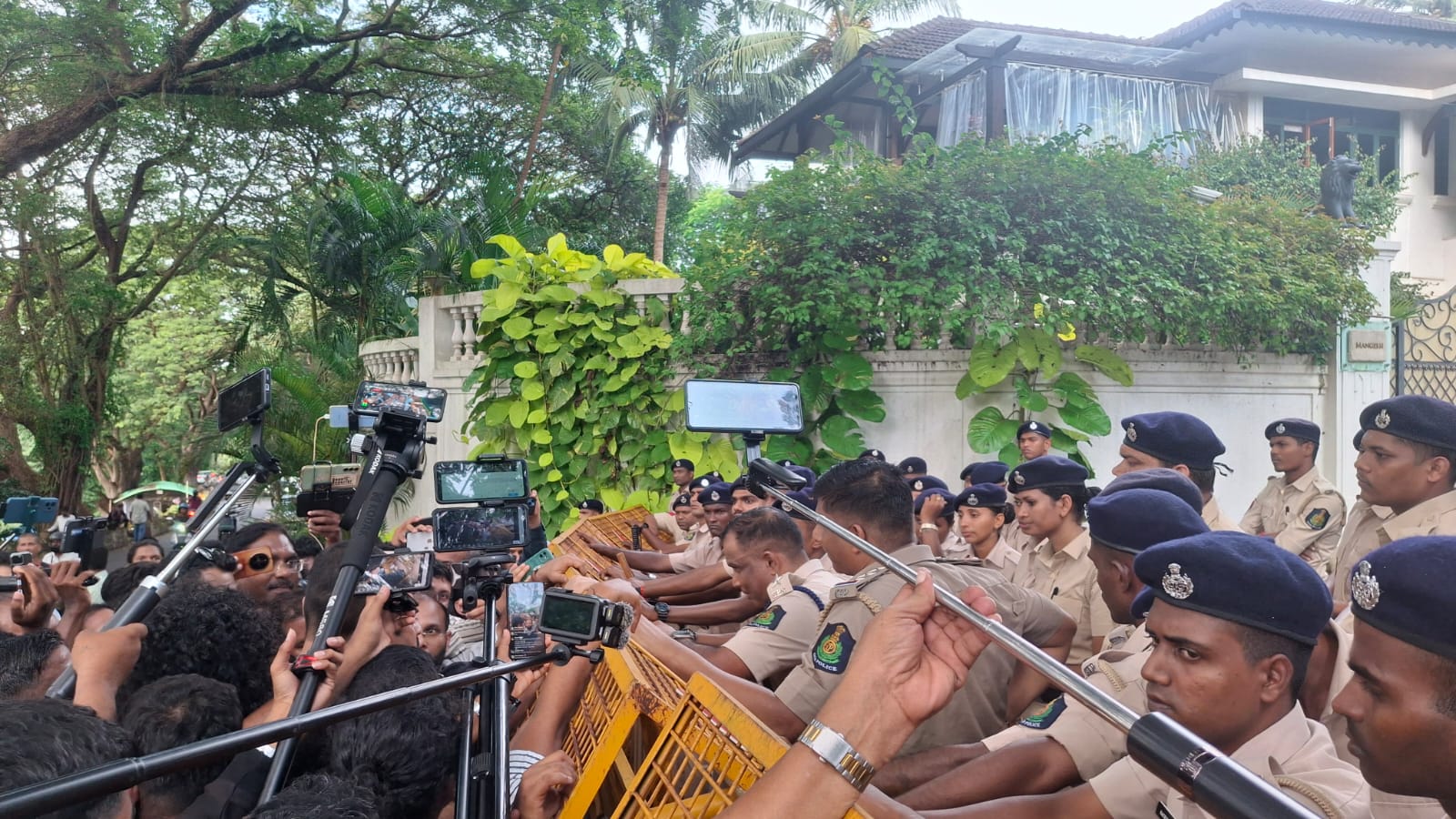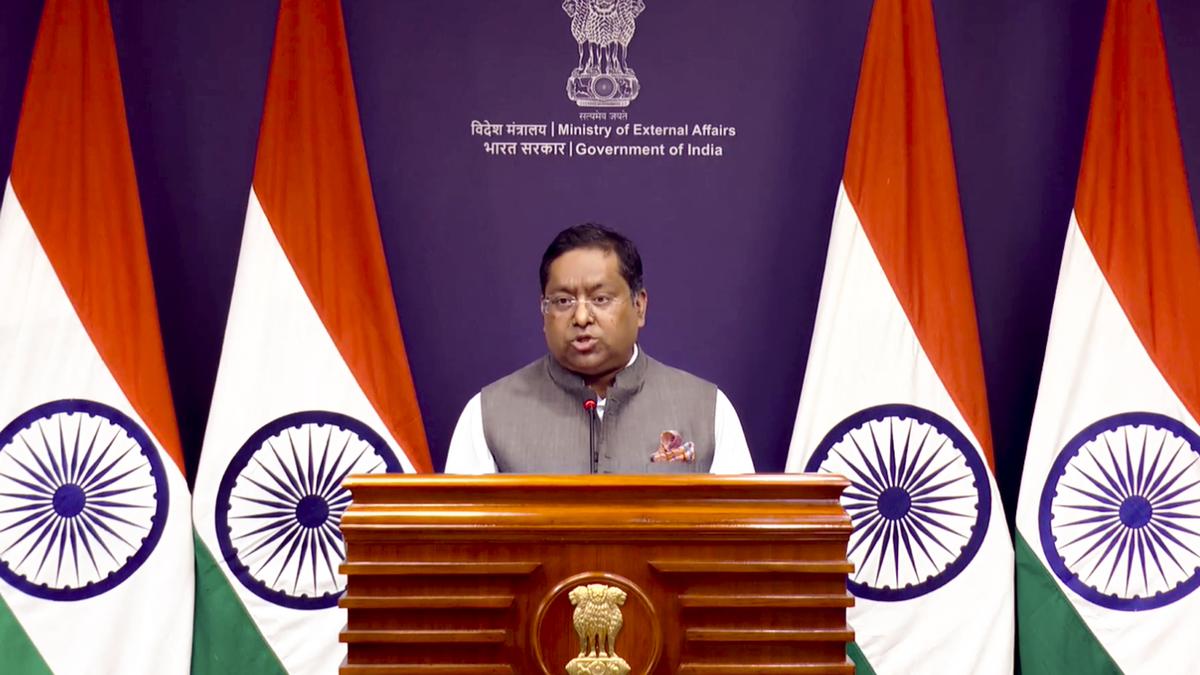In a strongly worded order, Allahabad High Court, earlier this week, ordered the Uttar Pradesh Government to regulate the caste glorification and prohibit the caste disclosure in FIRs, public records, sign boards in cities and villages etc.
The Bench of Justice Vinod Diwaker, in its order of September 16, also asked the Government to curb caste emblems and slogans in public as well as private vehicles and regulate caste glorification content on social media.
Stating that the law makers must ensure that they work to promote inter-caste institutions and community centres instead of exclusive caste based institutions, the court pointed out that to minimize caste discrimination, the government needs to have sustained programmes alongside laws. It suggested that school curriculum modules should teach children about equality, dignity, and the dangers of caste prejudice. It also suggested to have community-level initiatives, mandatory training for public officials, teachers, and employees on caste sensitivity.
Quoting a phrase from one of the speeches delivered by Dr. B.R. Ambedkar, the Court noted that caste is anti-national.
“In India, there are castes. The castes are anti-national. In the first place, they bring about separation in social life. They are anti-national also because they generate jealousy and antipathy between caste and caste.....” the Court quoted Dr. Ambedkar and added that if India has to become a truly developed nation by 2047, it is imperative that deeply entrenched caste system is eradicated from the society.
The observations were made during of an application under Section 482 CrPC, in which it noted that the castes of the accused persons were mentioned in the FIR and other related documents.
The Court came down heavily on the police and said that the investigative impartiality and enforcement neutrality must be consciously cultivated, especially in a society where caste is pervasive.
“Writing or declaring the caste of an accused- without legal relevance amounts to identity profiling, not objective investigation. It reinforces prejudice, corrupts public opinion, contaminates judicial thinking, violates fundamental rights, and undermines constitutional morality,” it added.
Terming the DGP UP as ‘an ivory-tower policeman, detached from constitutional morality, and eventually retired merely as a bureaucrat in uniform. ‘, the court said that it is not not impressed with the justification offered by the senior most police official; of the state on naming person’s caste in FIR.
“In the Court’s view, the DGP, coming from a third-world background, appears to have little exposure to the complex realities of Indian society and the demands of professional policing,” it said.



.png)
.png)
.png)
















 2 hours ago
5
2 hours ago
5










 English (US) ·
English (US) ·